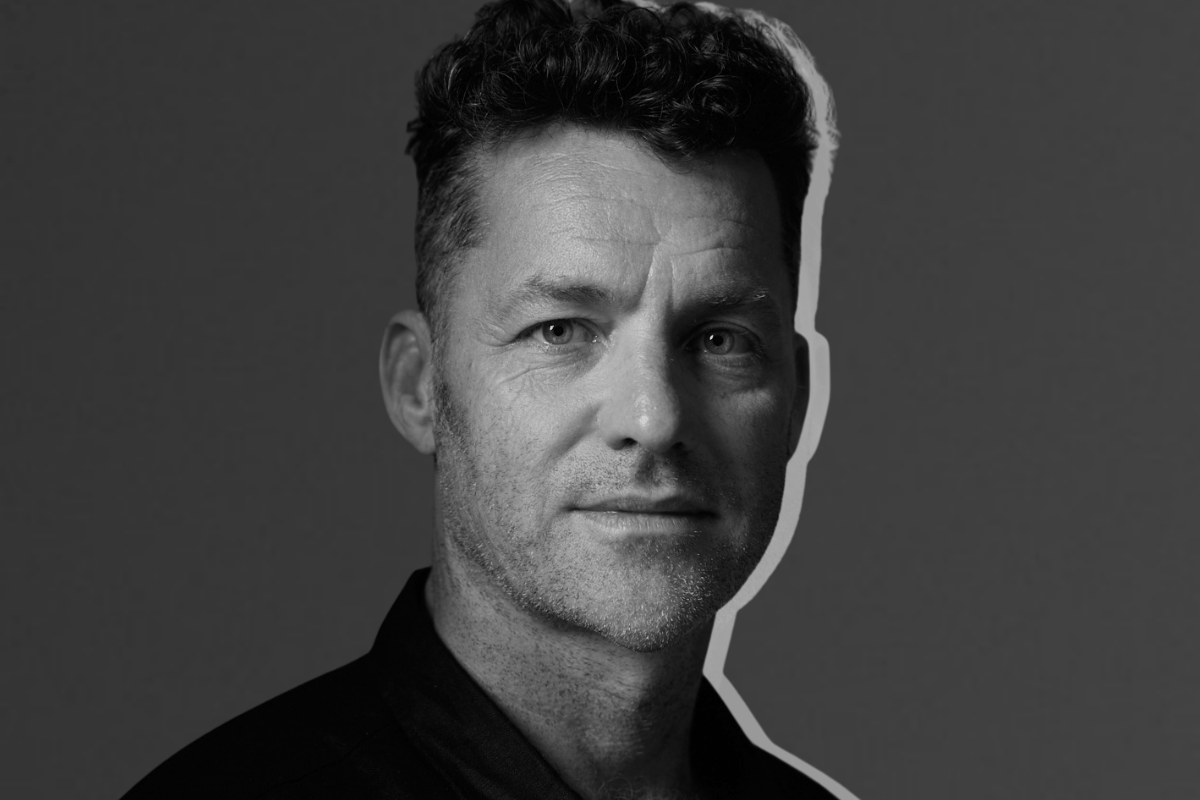
This post mentions suicide and may be triggering for some readers.
It was a picture-perfect life.
Simon Lee was in his early 40s and living on Sydney’s Northern Beaches with his wife and two kids. Work was one success after the other; his advertising business was going well, and he was making waves in his filmmaking career with the release of his first feature film.
"I was almost addicted to the adrenaline of success," the 48-year-old told Mamamia.
"Since my early to mid-20s, I have been sort of running on adrenaline, really not stopping to take stock of anything, just taking on the next thing, the next thing, the next thing."
Turning up to work with a smile on his face day in and day out, Simon was living life on an "artificial adrenalised high".
But underneath, he felt like he was putting on an act.
"I had this constant feeling of unease and anxiety… and there would be occasions where the anxiety was more intense and really, really, really unpleasant."
"It was like I had a dirty little secret that I kept to myself because I didn't feel comfortable talking about it to anyone."
Watch the 'Boys Do Cry' campaign. Post continues below.
